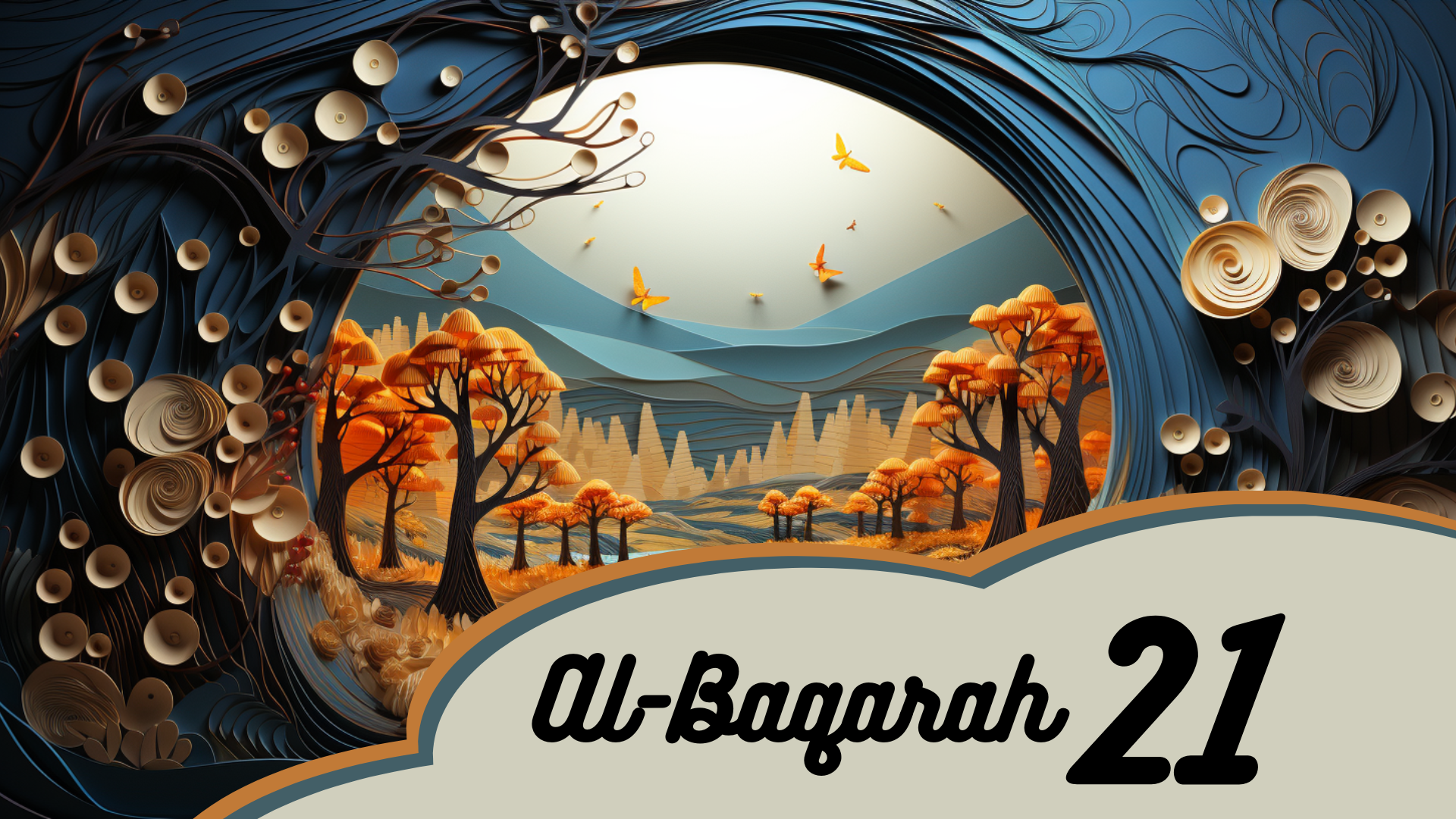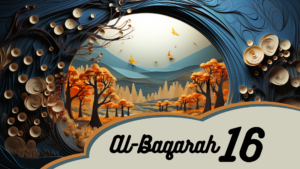In our exploration of the rich and profound texts of the Quran, we come across Verse 21 of Surah Al-Baqarah, a verse that holds great depth and significance for Muslims. This verse unveils the notion of how Allah created human beings as a vicegerent on Earth, bestowing upon them intelligence, free will, and the responsibility to manage and care for the world around them. Join us as we delve into the meaning of this verse and unravel its profound implications for our lives as Muslims.
Verse 21 of Surah Al-Baqarah
The Context of Surah Al-Baqarah
Surah Al-Baqarah is the second chapter of the Holy Quran and it consists of 286 verses. This surah covers a wide range of topics including guidance for humanity, stories of the previous nations, laws and regulations, and the importance of worship and obedience to Allah. It is one of the longest surahs in the Quran and holds immense significance for Muslims in understanding their faith and way of life.
Translation and Interpretation of Verse 21
In verse 21 of Surah Al-Baqarah, Allah says, “O mankind, worship your Lord, who created you and those before you, that you may become righteous.” This verse serves as a reminder to all of humanity, emphasizing the importance of worshipping and obeying Allah, the One who created us and all that exists. By doing so, we can achieve righteousness and find true fulfilment in our lives.
The Creation of Adam
The verse mentions the creation of Adam, the first human being, as a pivotal event in the history of humanity. According to Islamic beliefs, Allah created Adam from clay and breathed His spirit into him, making Adam unique and distinct from other creations. The creation of Adam marks the beginning of mankind and sets the stage for the existence of human beings on Earth.
The Concept of Succession
Allah reminds us that we are not the first creations to walk this Earth. Before us, there were other nations and civilizations that lived and flourished. This concept of succession highlights the transitory nature of life and the responsibility we carry as the current generation to worship and serve Allah faithfully.
Adam’s Knowledge of Names
After creating Adam, Allah granted him knowledge of the names of all things. This knowledge bestowed upon Adam reflects the uniqueness and superiority of human beings. While other creations lack the ability to comprehend and articulate the names of things, human beings possess the capacity for understanding and expressing their thoughts in a profound way.
The Angels’ Curiosity
Upon witnessing the creation of Adam and his superiority, the angels became curious and questioned Allah about the purpose behind creating a being that has the potential to cause mischief and shed blood on Earth. They expressed their concern, unaware of the divine wisdom behind Adam’s creation.
The Reaction of the Angels
Allah responds to the angels’ query by affirming His knowledge and wisdom. He tells the angels that He knows what they do not know and proceeds to teach Adam the names of things. This response from Allah highlights the infinite knowledge and wisdom that Allah possesses, surpassing the limited understanding of the angels.
The Wisdom Behind Adam’s Creation
The creation of Adam and the grant of knowledge to him hold deep wisdom. While the angels lacked the capacity to question Allah’s decision, it is through this interaction that Allah establishes the superiority of human beings. In His infinite wisdom, Allah created Adam and gave him the knowledge to fulfil a purpose greater than the angels – to act as His vicegerents on Earth, with free will and the potential for personal and spiritual growth.
The Purpose of Human Existence
The purpose of human existence is to worship and serve Allah. The verse reminds us of this core objective, urging us to turn towards Allah and strive to become righteous. Worshipping Allah entails recognizing His sovereignty, obeying His commandments, and fulfilling our duties towards Him and His creation. By doing so, we can attain righteousness, find inner peace, and fulfil the purpose for which we were created.
The Application in the Daily Lives of Muslims
The message of verse 21 of Surah Al-Baqarah holds immense significance for Muslims in their daily lives. It serves as a constant reminder to prioritize the worship of Allah above all else. This worship encompasses not only the performance of religious rituals but also the moral and ethical aspects of life. Muslims are encouraged to fulfil their obligations towards Allah and fellow beings, practice kindness, justice, and compassion, and lead a life that aligns with the teachings of Islam.
To become righteous, Muslims seek to maintain a harmonious balance between their worldly affairs and their spiritual connection with Allah. They understand that success in the worldly sense is only temporary, while spiritual success and salvation in the hereafter are everlasting. By following the guidance of the Quran and emulating the example of the Prophet Muhammad (peace be upon him), Muslims aim to navigate through the challenges of life, seeking Allah’s pleasure and eternal rewards.
To conclude, verse 21 of Surah Al-Baqarah reminds us of our purpose in this world and the importance of worshipping and obeying Allah. It emphasizes the unique position and responsibility of human beings, encourages us to seek righteousness, and serves as a comprehensive guide for Muslims in their daily lives. Through worship, obedience, and striving for righteousness, Muslims can find meaning, and fulfilment, and ultimately achieve success in this life and the hereafter.




